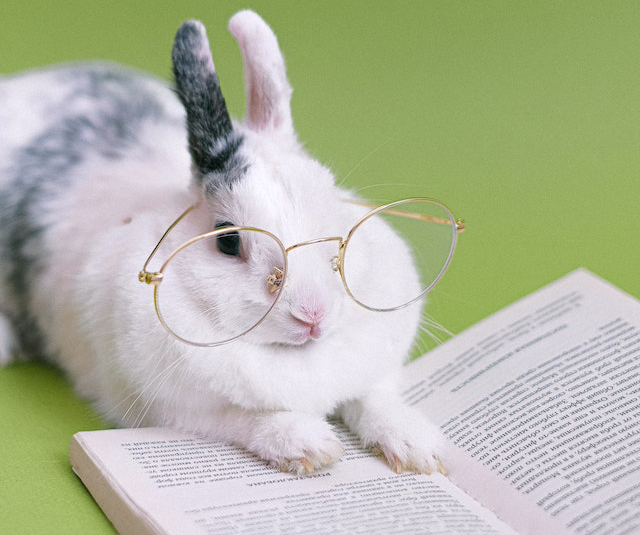The Deontology of Using Pets in Academic Publishing-Related Sting Operations
DOI:
https://doi.org/10.31273/eirj.v10i1.843Keywords:
deontology, editorial screening & standards, ethics, fake, morals, transparencyAbstract
Academic publishing has become considerably stringent in the past few years because of increased scrutiny focused on an overwhelming number of challenges. One of the greatest challenges that academia faces is the notion that certain elements within science publishing have entered an era of ‘fake’. There are few moral arguments in favor of anything fake in academic publishing, including fake identities (authors, reviewers, or editors), fake peer reviews, or fake publications. We argue – humor aside – that a zero-tolerance approach is likely essential to prevent the proliferation of fake aspects in academic publishing, independent of the publishing venue, i.e., journal or publisher. Sting operations against ‘predatory’ publishing outlets, which involve the use of fake authors, papers, or editors, continue to be selectively praised, including by some media. In this opinion article, we focus on the personification of animals assuming roles within academic publishing, such as authors or editors, to emphasize that while perhaps there is an element of humor, such actions may further endanger scientific integrity, precisely at a time when academic publishing is in the phase of a crisis of trust. We believe that while the authors of such hoaxes and sting operations involving animals, as well as some readers, may find humor in these actions, academic publishing cannot and should not be equated with reality shows. We ultimately argue that such hoaxes and sting operations have no place in academic publishing, nor do they have any scholarly value. Finally, we put forward a set of guidelines that could assist academics, including early career researchers, editors, publishers and ethics-related organizations, in dealing with these threats.
Downloads

Downloads
Published
Issue
Section
License
Copyright (c) 2022 Jaime Teixeira da Silva, Aceil Al-Khatib

This work is licensed under a Creative Commons Attribution 4.0 International License.
Authors who publish with this journal agree to the following terms:
Authors retain copyright and grant the journal right of first publication with the work simultaneously licensed under a Creative Commons Attribution License (CC-BY), which permits use and redistribution of the work provided that the original author and source are credited, a link to the license is included, and an indication of changes which were made. Third-party users may not apply legal terms or technological measures to the published article which legally restrict others from doing anything the license permits.
If accepted for publication authors’ work will be made open access and distributed under a Creative Commons Attribution (CC-BY) license unless previously agreed with Exchanges’ Editor-in-Chief prior to submission.
Authors are able to enter into separate, additional contractual arrangements for the non-exclusive distribution of the journal's published version of the work (e.g., post it to an institutional repository or publish it in a book), with an acknowledgement of its initial publication in this journal.
Authors are permitted and encouraged to post their work online (e.g., in institutional repositories or on their website) prior to and during the submission process, as it can lead to productive exchanges, as well as earlier and greater citation of published work. (see: The Effect of Open Access)
